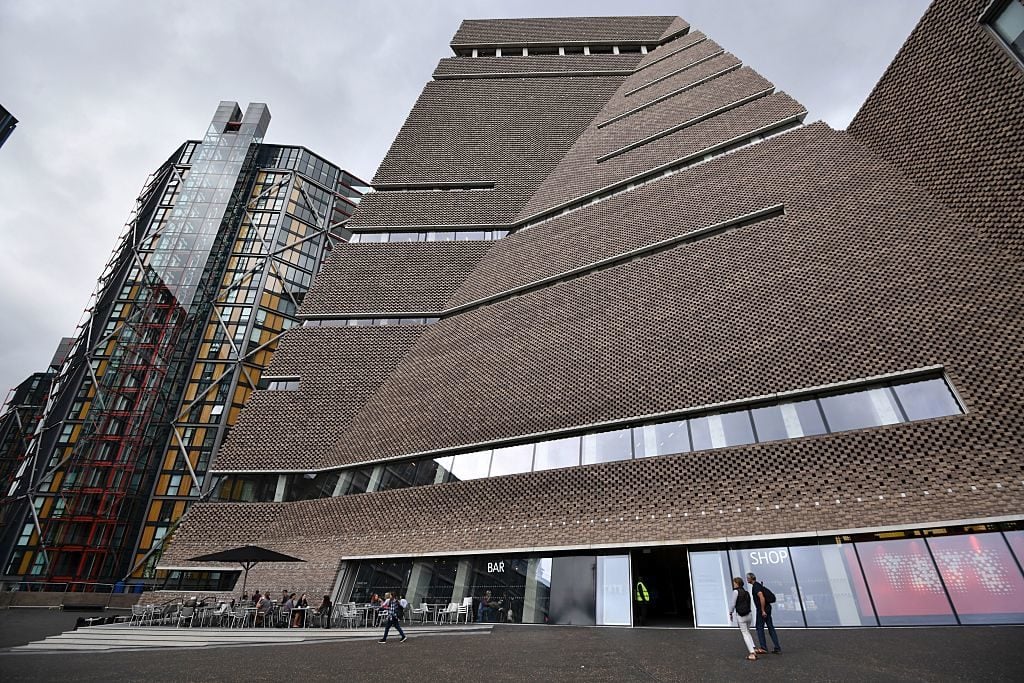Law & Politics
Luxury Apartment Residents Must Put Up With Tate Modern Visitors Peering Into Their Windows, Appeals Court Rules
Perhaps people who live in glass houses shouldn't expect privacy.

Perhaps people who live in glass houses shouldn't expect privacy.

An appeals court judge has sided with Tate Modern in the latest ruling in a long-running legal battle between the museum and residents of an adjacent luxury building.
The dispute centers around one of Tate Modern’s biggest draws, a top-floor terrace that affords sweeping panoramic views of London. An estimated 500,000 visitors each year take the elevator to the 10th floor of the gallery’s $336 million (£260 million) extension, which opened in 2016.
But neighbors in the glass-walled Neo Bankside building complained of “near constant surveillance,” including people staring, waving, using binoculars and even reportedly making obscene gestures. They alleged that their rights to privacy were being breached under nuisance and human rights laws.
In response to the complaints, Tate put up notices asking visitors to respect the neighbors, and security guards discouraged people from taking photographs of the apartments. But the residents say this hasn’t solved the problem.
The court previously rejected the residents’ privacy lawsuit a year ago. “These properties are impressive, and no doubt there are great advantages to be enjoyed in such extensive glassed views, but that in effect comes at a price in terms of privacy,” the judge wrote, as reported in the Guardian. He suggested apartment owners lower their solar blinds or install privacy film or net curtains.
The court again dismissed the appeal “The court has dismissed the appeal on the basis that overlooking does not fall within the tort of nuisance,” the Guardian reported. Justice Mann said the flat owners’ application for permission to appeal to the supreme court was denied.
A Tate spokesperson said the museum is “grateful” for the court’s “careful consideration of this matter. We continue to be mindful of the amenity of our neighbors and the role of Tate Modern in the local community.”
Natasha Rees, head of property litigation at Forsters, which represented the apartment owners, said her clients were considering further appeal to the supreme court. “The leaseholders are obviously very disappointed with the outcome of the appeal, not least because they lost on a ground raised by the court of appeal,” according to a statement in the Guardian. Rees did not immediately respond to Artnet News’s request for comment.
Still to be decided is whether the neighbors will have to pay the Tate’s legal costs, which some reports have estimated to be as much as $1.3 million (£1 million).